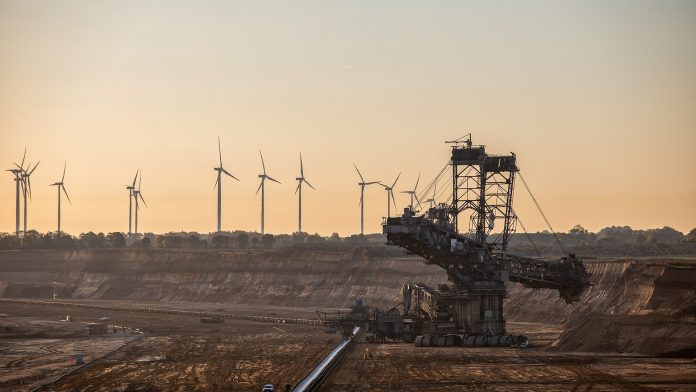At COP28, all five United Nations Regional Commissions and international experts have called for international co-ordination to ensure sustainable critical raw materials extraction.
Critical raw materials are essential for renewables, driving the global shift to electrification.
However, surging demand and geopolitical uncertainties affect supply – causing significant environmental impacts linked to extraction and use.
Because of this, the UN has called at COP28 for international action to ensure that critical raw materials extraction does not undermine sustainable development.
UNECE Executive Secretary Tatiana Molcean highlighted: “Delivering the decarbonisation needed for the Paris Agreement depends on huge quantities of critical raw materials. Therefore, leaders and industry are responsible for ensuring their extraction and use are as sustainable as possible.
“The good news is that we do not need to reinvent the wheel: the UN Framework Classification for Resources and UN Resource Management System provide tools to do just that, together with UN treaties to ensure that environmental and human rights issues are fully taken into account.”
Sustainability challenges associated with rising demand
Lithium demand is projected to increase by 90% in 20 years, whilst nickel and cobalt demand should rise by 60 to 70%. Copper and rare earths will see a 40% demand growth says researchers. According to the IEA net zero emissions scenario, demand for critical minerals is set to triple by 2030.
Critical minerals have a huge economic importance and play a significant role in the economies of 81 countries that account for 25% of global GDP, 50% of the world’s population, and 70% of those living in extreme poverty.
However, most critical minerals use is unsustainable. Currently, the world material footprint is around 100 billion tonnes annually, and this is projected to double by 2060. Critical raw materials extraction and processing, fuel, and food contribute to half of total greenhouse gas emissions and over 90% of biodiversity and water loss.
Because of this, there must be efforts made to ensure respect for human rights through sustainable critical raw materials extraction.
At COP28, there were discussions that stressed the importance of ensuring a sustainable supply of critical raw materials for the energy transition. It was emphasised that this supply requires innovation, governance, transparency, investment, and a circular economy.

The UN provides a common language for sustainable critical minerals extraction
The discussions highlighted the United Nations Framework Classification for Resources (UNFC), developed at UNECE, as a common language for managing and reporting all energy, mineral, and raw material resources, including critical raw materials.
The framework can be applied to all raw material projects as well as renewable energy sources, allowing for comparisons across resources and countries.
UNFC use is increasing, with the European Commission using the framework to integrate information on critical raw materials and implementing it into the EU Critical Raw Materials Act.
The African Union mandates the use of the UNFC-based African Minerals and Energy Classification and Management System. As well as this, a growing number of countries are using the UNFC for resource projects and their national resource management.
Based on the framework, the United Nations Resource Management System offers a set of principles and requirements that guide the planning, design, and operation of sustainable critical raw materials extraction in line with the goals set in the Paris Agreement.
The UK and several other countries are already testing the application of the UNRMS to enhance the circularity of critical raw materials and other resources.
Co-operation on critical raw materials traceability and ESG is further contributing to more sustainable critical raw material extraction and development.
Legislation can offer protection
Social and environmental issues linked to critical raw materials extraction can be addressed with UN Multilateral Environmental Agreements. Parties to UNECE treaties are bound by obligations supporting practical measures.
For example, the Aarhus Convention provides access to information, public participation in decision-making, and access to justice in environmental matters. This includes mining activities.
Under this convention, a rapid response mechanism in the form of a Special Rapporteur has been established to protect environmental defenders who are concerned about critical raw materials extraction.
Treaties are open to access by all UN Member States.









